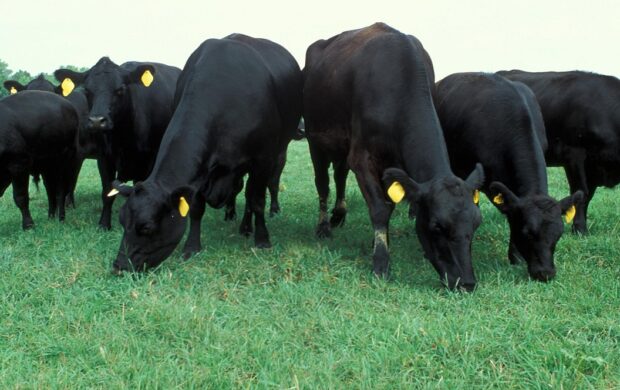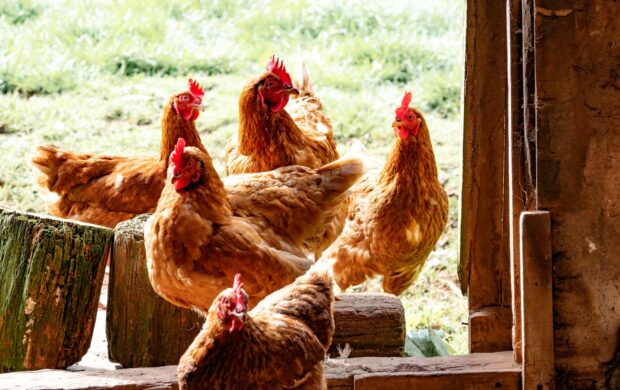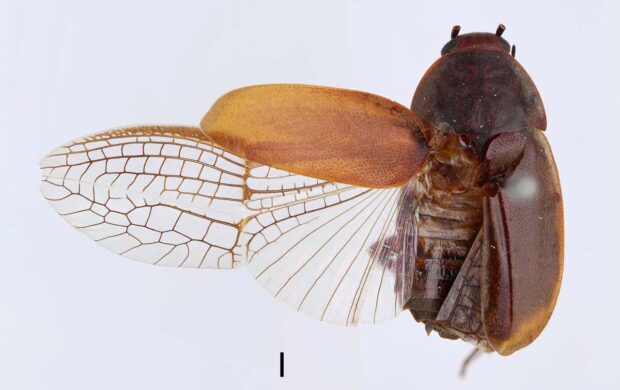Future Meat Technologies, an Israeli company that exclusively develops lab-grown meat, has announced its plans to build the world’s first cultured meat production plant.

Cultured meat, also known as ‘clean’ or cell-based meat, is made from animal stem cells that can grow into muscle fibres. This, effectively, bypasses the need for industrial livestock production.
Future Meats secured US$14 million Series A funding in October 2019, making it the second largest investment in the cultured meat industry to date (after Memphis Meats’ secured a US$17 million grant in 2017). This funding will go towards further product R&D as well as building the new plant. The start-up aims to start plant operations in 2020 and selling ‘hybrid’ products – a blend of plant protein with cultured meat – by 2021 and entirely cultured meat products by 2022 at cost-competitive levels with conventional meat.









